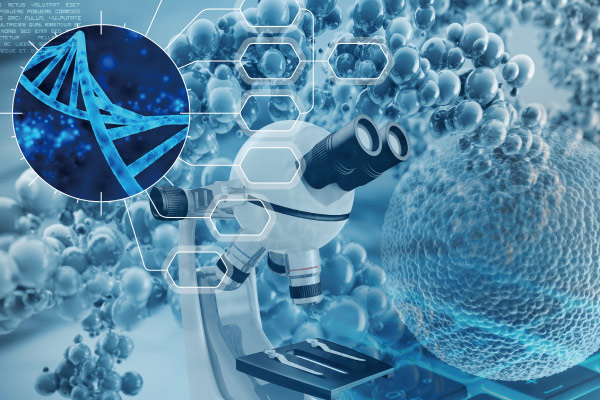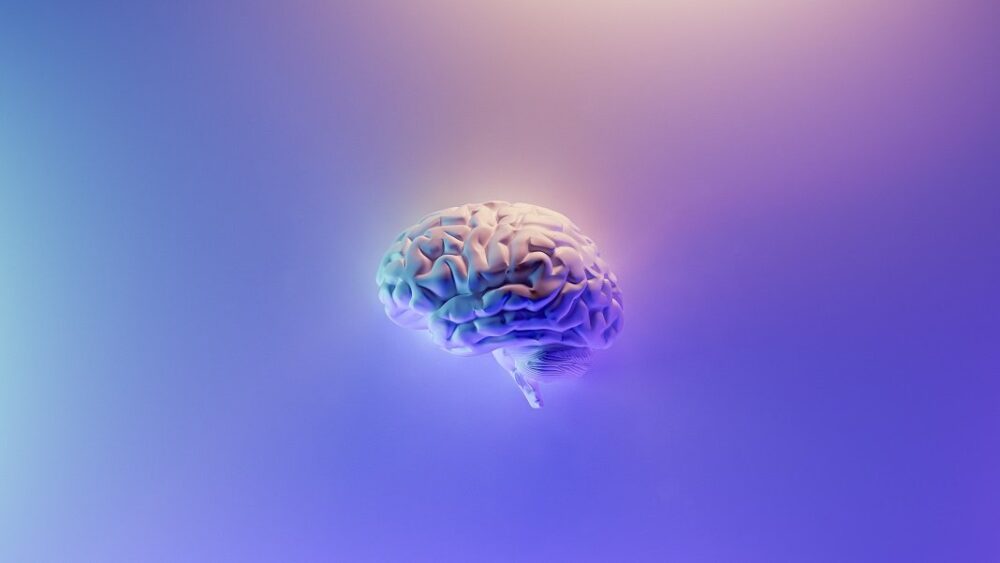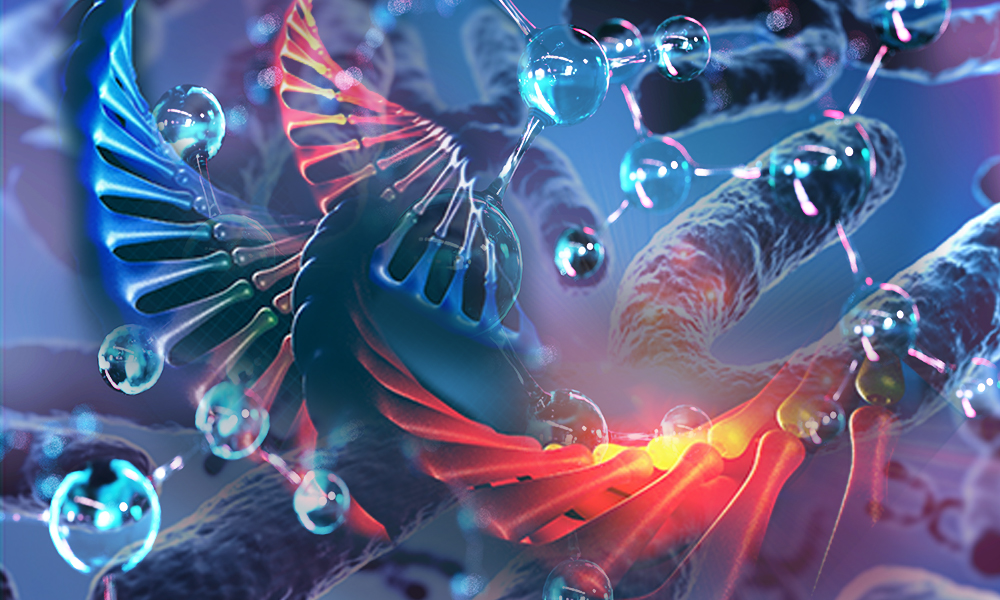Consciousness is a phenomenon that has fascinated humans for centuries. It refers to our subjective experience of the world, including our thoughts, feelings, and sensations. Despite its ubiquity, consciousness remains a mystery in many ways, and scientists have only recently begun to unravel its biological basis. In this article, we will explore the latest research on the science of consciousness and its implications.
What is Consciousness?
Consciousness is a difficult concept to define, but it generally refers to our awareness of our surroundings and ourselves. It encompasses a wide range of experiences, from our perception of color and sound to our emotions and thoughts. Consciousness is what makes us human, and it is a key aspect of our identity and existence.

The Biological Basis of Consciousness
Until recently, consciousness was thought to be a purely philosophical or psychological concept. However, advances in neuroscience have allowed scientists to study the biological basis of consciousness. They have discovered that consciousness is closely linked to the functioning of the brain.
One of the most important discoveries in the science of consciousness is that consciousness arises from the activity of neurons in the brain. Neurons are the cells that make up the nervous system, and they communicate with each other through electrical and chemical signals. Scientists have found that consciousness is associated with the synchronized activity of neurons in different regions of the brain.
Another important aspect of the biological basis of consciousness is the role of the thalamus. The thalamus is a small structure in the center of the brain that acts as a relay station for sensory information. Scientists have found that the thalamus is critical for the integration of sensory information and the generation of conscious experiences.
The Implications of the Science of Consciousness
The science of consciousness has important implications for our understanding of the mind and the brain. It has challenged traditional views of consciousness as a purely mental or spiritual phenomenon. Instead, it has shown that consciousness is a biological process that can be studied and understood using scientific methods.
The science of consciousness also has practical implications for medicine and technology. For example, researchers are using brain imaging techniques to study consciousness in patients with brain injuries or disorders. They hope to develop new treatments for conditions such as coma and persistent vegetative state.
The science of consciousness is also driving advances in artificial intelligence and robotics. Scientists are using insights from the study of consciousness to develop machines that can simulate human thought and behavior. These machines could have a wide range of applications, from healthcare to entertainment.

The science of consciousness is a rapidly evolving field that is shedding new light on one of the most fundamental aspects of human existence. By studying the biological basis of consciousness, scientists are gaining insights into the workings of the brain and the nature of the mind. The implications of this research are far-reaching, from improving medical treatments to advancing technology. As our understanding of consciousness continues to grow, we can expect many exciting new discoveries and innovations in the years to come.











